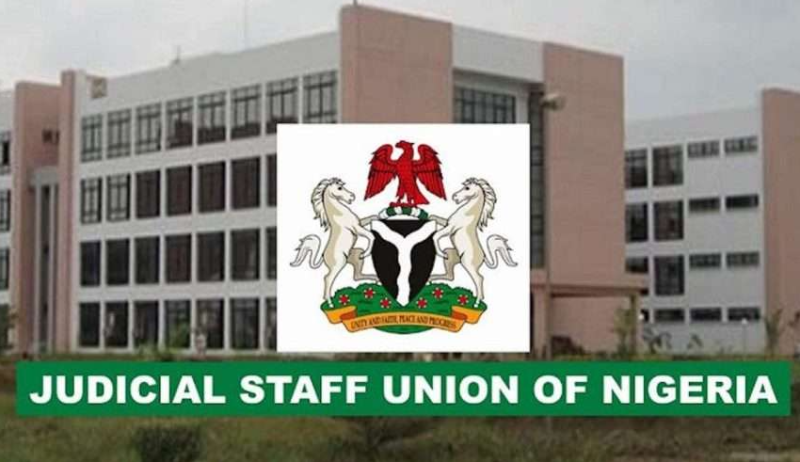Advertisement
Judicial workers across Nigeria have announced the suspension of their indefinite strike action, temporarily halting weeks of industrial action that had disrupted the country’s legal and judicial processes. The Judicial Staff Union of Nigeria (JUSUN), which represents workers in courts nationwide, declared the suspension following a high-level meeting with government representatives.
According to union leaders, the decision was made in good faith to allow the Federal Government (FG) a final window of opportunity to fulfill its promises. However, they issued a stern warning that the strike could resume after 30 days if their demands are not met in full.
Advertisement

Table of Contents
Background of the Strike
The strike, which began in early May, was driven by longstanding grievances over poor working conditions, delayed salary payments, and the failure to implement financial autonomy for the judiciary—an issue enshrined in the Nigerian Constitution but often neglected in practice.
For weeks, courtrooms across the country were locked, grinding legal proceedings to a halt and raising concerns about delayed justice for thousands of Nigerians. High-profile cases were postponed, and detainees awaiting trial were left in limbo.
Union Statement After Judicial Strike Suspension
Speaking at a press briefing in Abuja, JUSUN President Marwan Mustapha Adamu stated:
“After careful deliberation and in consideration of the appeals from stakeholders, we have resolved to suspend the strike for 30 days. This is not a sign of weakness, but a demonstration of responsibility. We expect the government to honor its commitments during this grace period.”
He added that the union would not hesitate to resume the strike “without further notice” if tangible progress is not made by the deadline.
Government’s Position
The Federal Government has welcomed the decision, with a spokesperson from the Ministry of Labour and Employment assuring the public that efforts are underway to address the union’s concerns.
“We are committed to resolving all outstanding issues. Dialogue remains the best approach, and we appreciate JUSUN’s willingness to return to the table,” the spokesperson said.
What’s at Stake after Judicial Strike Suspension
Judicial autonomy and adequate funding are seen as critical to the rule of law and democratic governance in Nigeria. Observers warn that repeated industrial actions in the justice sector erode public confidence and delay access to justice.
As the one-month countdown begins, legal professionals, civil society groups, and the general public will be watching closely to see if the Federal Government makes good on its promises—or if another wave of courtroom closures is on the horizon.
Advertisement

